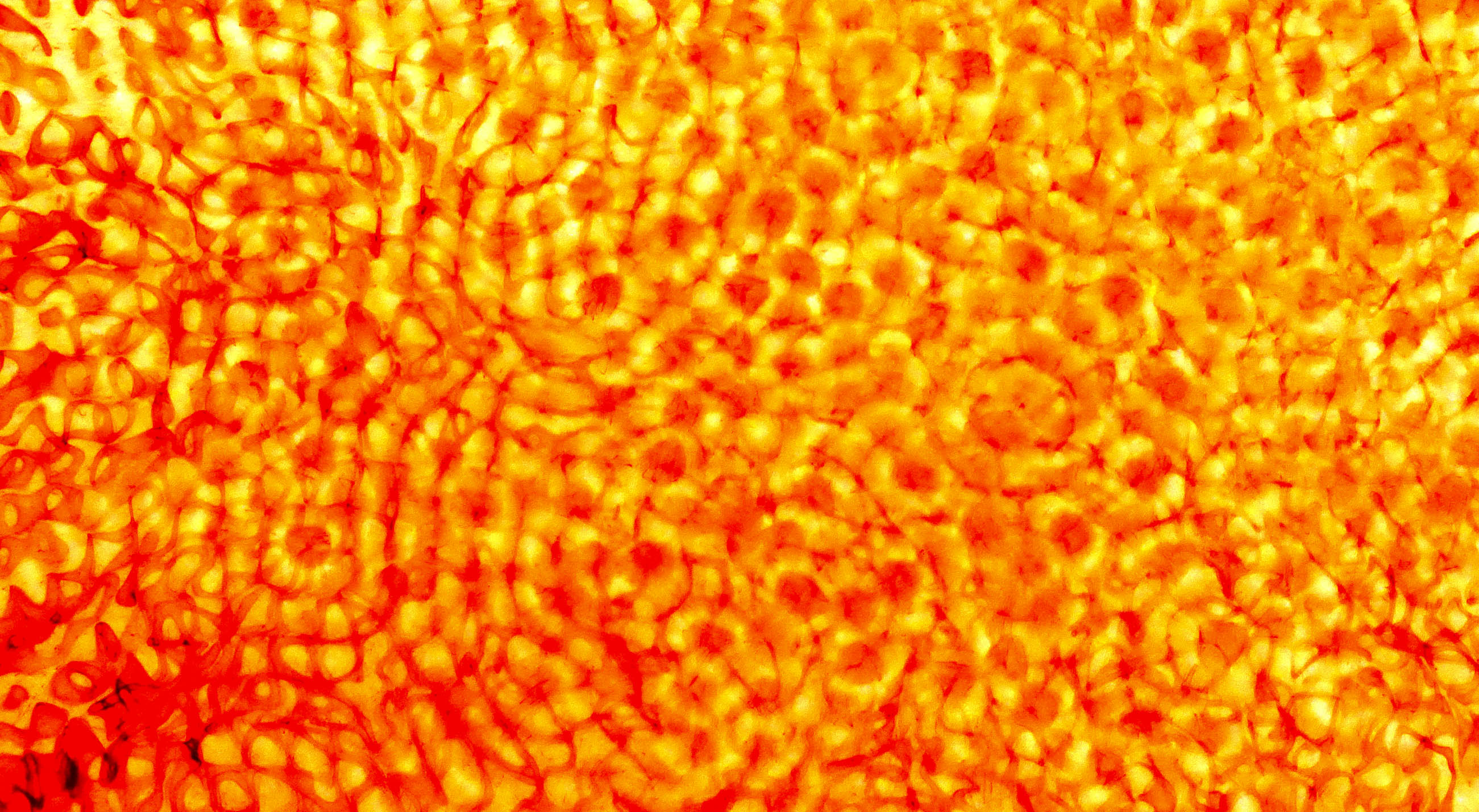(Re)thinking Critique: Transversal and Ethico-Aesthetic Dimensions in Partaking Practices
DOI:
https://doi.org/10.1344/regac2022.8.41417Palabras clave:
partaking critique, contemporary art, activism, instituent practices, transversalResumen
The article examines critique in relation to current theories pursued and addressed in contemporary art and activism. The conception of a “partaking critique” seeks to conceive critique beyond universalising abstractions and totalising gestures. By reformulating critique as a partaking practice, we set ourselves in relation to the current demands and urgencies of a world that must confront the challenges of climate change, migration flows, inequalities between the global north and south, and the mistrust of democracy. We find it important that critique results not merely in a judging and condemning analysis and the division between correct and false. A “partaking critique” deals with historical conditions and traditional formulations of critique. Critique as a partaking practice is situated, local, transversal, and reparative, and thus mobilises dispositions to act in a panorama of neo-liberal mechanisms of paralysis and paranoia.
We developed our understanding of critique based on our engagement with critical examples at the crossroads of artistic and activist practices, such as Colectivo Situaciones, which in the scope of this article can only be briefly presented. We queried, shifted and transformed the concept of critique employing discourse analysis and a close reading of critical (queer)feminist concepts of the late 1980s. The perspectives taken by Donna Haraway and Eve Kosofsky Sedgwick allow us to place the focus not on negative critique but on instituent and transversal processes, and thus on rethinking the transformative potentials of ethico-aesthetic practices.
The current socio-political and ecological challenges require a thinking that transverses and queers traditional valorisations of critique: we do not offer a universal, objective and strong theory, but instead favour categories of partiality, situatedness and responsibility. Critique as a practice of partaking is communicated not as the judgement of a critical subject, but in, through and with instituent processes as well as in materialities.

Descargas
Publicado
Número
Sección
Licencia
Los autores que publican en esta revista están de acuerdo con los términos siguientes:- Los autores conservan los derechos de autoría y otorgan a la revista el derecho de primera publicación de la obra, que se difundirá con la licencia de reconocimiento de Creative Commons que permite compartir la obra con terceros, siempre que estos reconozcan su autoría, su publicación inicial en esta revista y las condiciones de la licencia.
- Los autores son libres de establecer acuerdos contractuales adicionales independientes para la distribución no exclusiva de la versión de la obra publicada en la revista (como por ejemplo su publicación en un repositorio institucional o en un libro), siempre que se reconozca su publicación inicial en esta revista.
- Se anima a los autores a publicar su obra en línea (en repositorios institucionales o en su página web, por ejemplo) antes y durante el proceso de remisión, con el objetivo de conseguir intercambios productivos y hacer que la obra obtenga más citas (véase The Effect of Open Access, en inglés).


